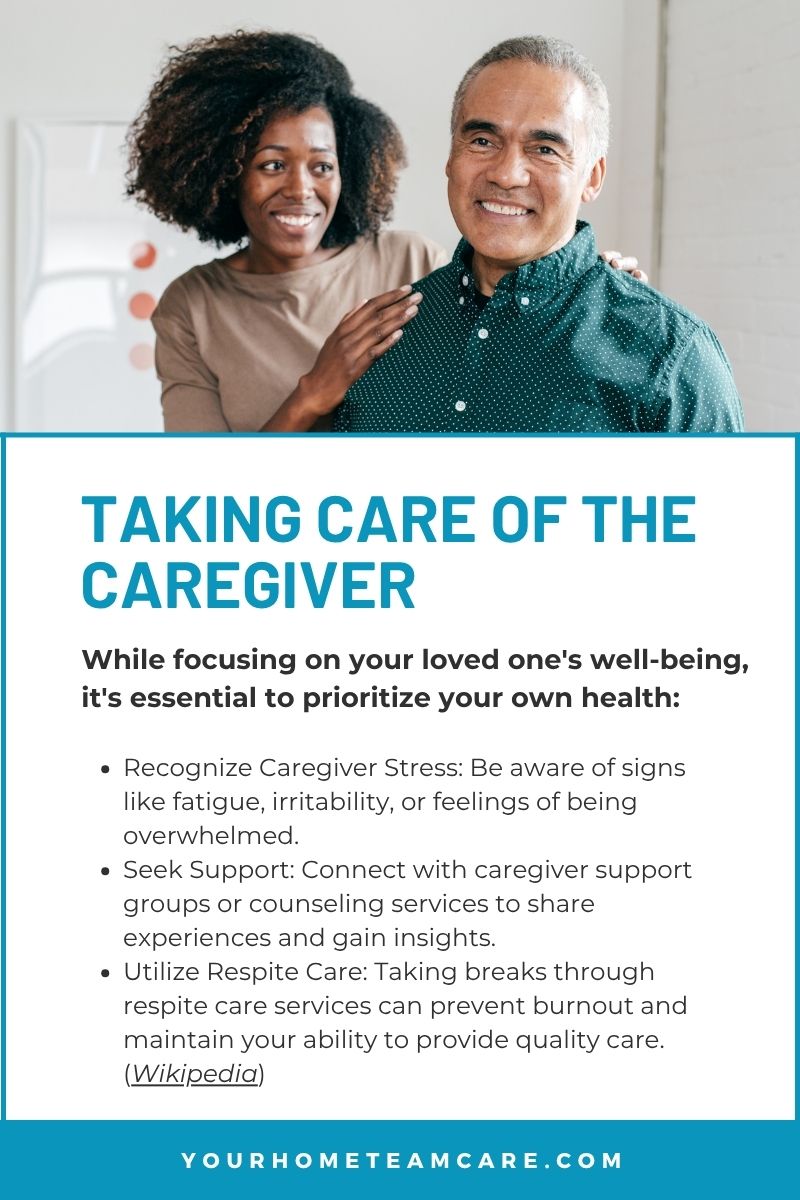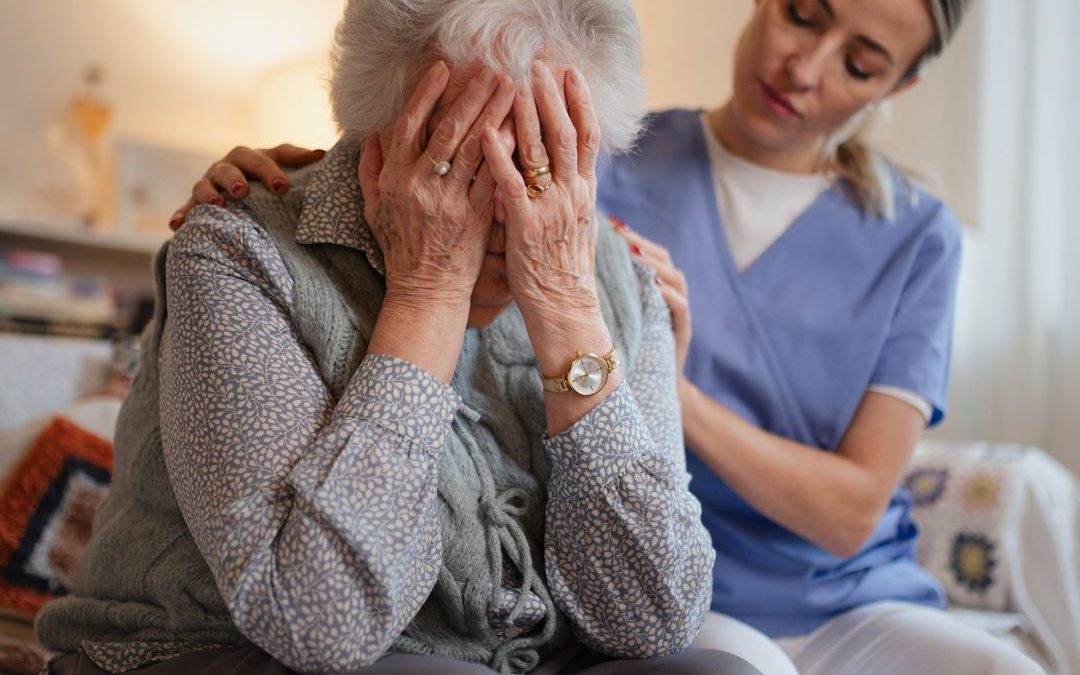Let’s dive into mental health and sleep in seniors. As our loved ones age, their mental health and sleep patterns often undergo significant changes.
These shifts can profoundly impact their overall well-being, affecting mood, cognitive function, and physical health. Understanding these changes and knowing how to support seniors through them is essential for family caregivers.
Understanding Mental Health Challenges in Seniors
Mental health issues are not an inevitable part of aging, yet many seniors experience conditions like depression, anxiety, and cognitive decline. Factors contributing to these challenges include:
- Loneliness and Social Isolation: Approximately 24% of older adults in the U.S. experience social isolation, which is linked to increased risks of depression, anxiety, and cognitive decline. (Wikipedia)
- Chronic Health Conditions: Managing illnesses such as heart disease or diabetes can lead to emotional distress and mental fatigue.
- Loss and Grief: The passing of spouses, friends, or siblings can lead to profound grief and a sense of isolation.
- Cognitive Impairments: Conditions like dementia not only affect memory but also contribute to mood disorders.
It’s important for family members to be able to recognize the signs of mental health issues in their senior loved ones. These can include persistent sadness, withdrawal from social activities, or changes in appetite. These signs usually mean that it’s time to step in and help make some changes.
The Interplay Between Mental Health and Sleep in Seniors
Sleep and mental health are deeply interconnected. Poor sleep can aggravate mental health issues, and vice versa. In seniors, this relationship is particularly pronounced:
- Sleep Disturbances: Conditions like insomnia or fragmented sleep are common in older adults and can lead to increased irritability, depression, and anxiety. (Family Resource Home Care)
- Cognitive Decline: Chronic sleep deprivation is associated with memory issues and reduced cognitive function, potentially accelerating conditions like dementia.
- Physical Health Impacts: Lack of restorative sleep can weaken the immune system and increase the risk of chronic diseases.
Addressing sleep issues is not just about improving rest—it’s a vital component of supporting overall mental health in seniors.
Strategies for Family Caregivers to Support Mental Health and Sleep
As a caregiver, your role is pivotal in promoting the mental well-being and healthy sleep patterns of your senior loved ones. Here are actionable steps you can take:
1. Establish Consistent Routines
Maintaining regular daily schedules helps regulate the body’s internal clock, promoting better sleep and reducing anxiety. Encourage consistent meal times, physical activity, and bedtime routines.
2. Promote Physical Activity
Engaging in regular, moderate exercise can improve mood and sleep quality. Activities like walking, stretching, or tai chi are beneficial and can be adapted to individual capabilities.
3. Encourage Social Engagement
Facilitate opportunities for social interaction, whether through community centers, clubs, or family gatherings. Social connections combat feelings of loneliness and depression.
4. Create a Sleep-Conducive Environment
Ensure that their sleeping area is as comfortable for them as possible. Limit exposure to screens before bedtime and consider calming activities like reading or listening to soft music to ease the transition to sleep.
5. Monitor and Manage Medications
Some medications can interfere with sleep or have side effects that impact mental health. Regularly review medications with healthcare providers to assess their effects and make necessary adjustments.
6. Seek Professional Support
Don’t hesitate to involve mental health professionals when needed. Therapists, counselors, or support groups can provide valuable assistance in managing depression, anxiety, or grief.
7. Practice Mindfulness and Relaxation Techniques
Introduce practices like meditation, deep breathing exercises, or gentle yoga to help reduce stress and promote relaxation. (UCSF Human Resources)

The intertwined nature of mental health and sleep in seniors underscores the importance of a holistic approach to caregiving. By understanding the challenges and implementing supportive strategies, family caregivers can make a profound difference in the lives of their loved ones. At Your Home Team Care, we’re committed to providing resources and support to help you navigate this journey with compassion and confidence. Give us a call at today at (865) 332-5000 to learn about our in-home senior care services.
References:
- “Social isolation impacts approximately 24% of older adults in the United States…” (Wikipedia)
- “For the elderly, lack of sleep can result in brain fog, mood changes, altered behavior, increased stress levels, and even psychotic symptoms.” (Family Resource Home Care)
- “Caregivers can support seniors by helping them stick to regular bedtimes and wake times…” (The McKendree)
- “Start your day with a few stretches, yoga, or meditation. Mindfulness practice has been shown to reduce stress and anxiety…” (UCSF Human Resources)
- “Respite for the elderly with chronic disabilities in a study group resulted in fewer hospital admissions for acute medical care…” (Wikipedia)

